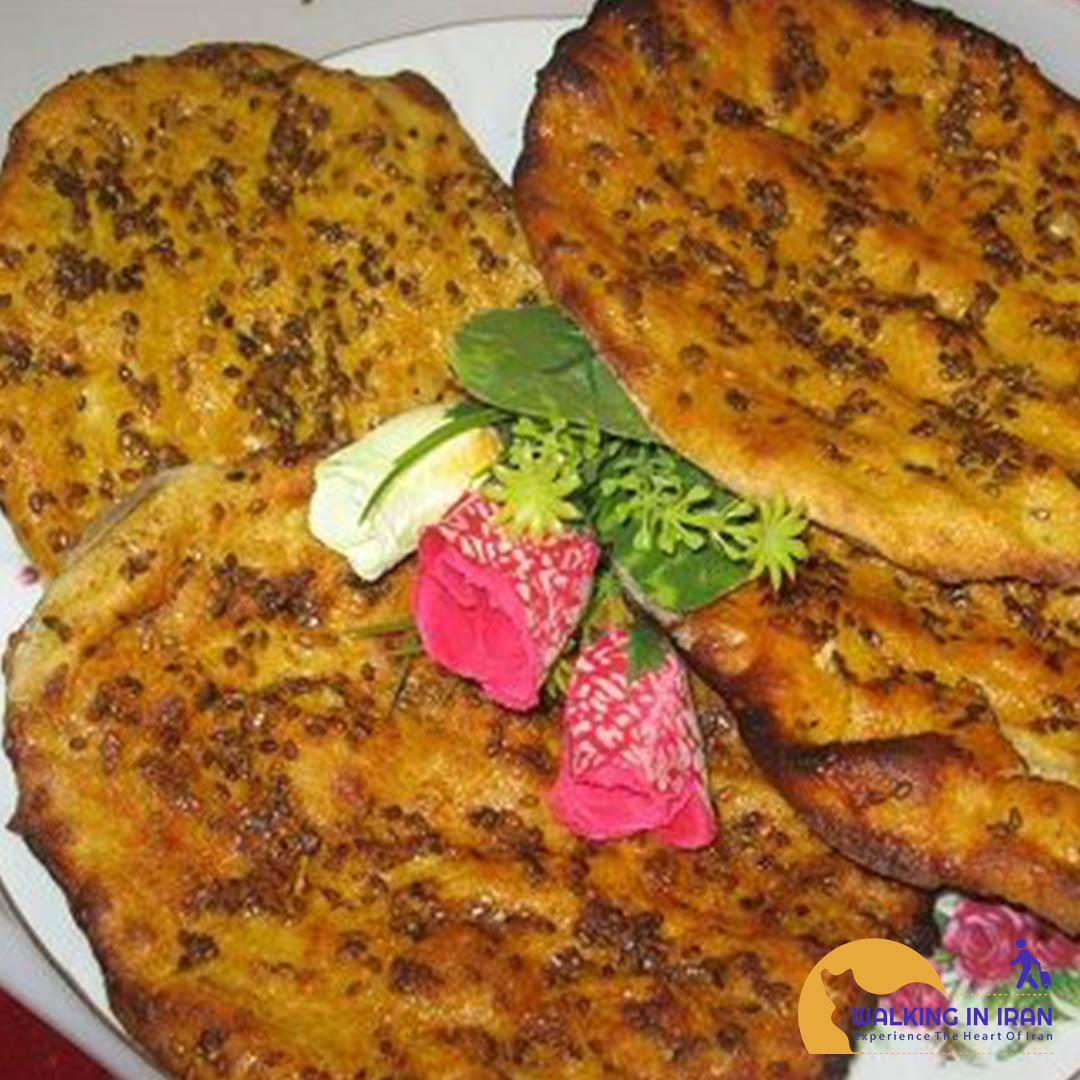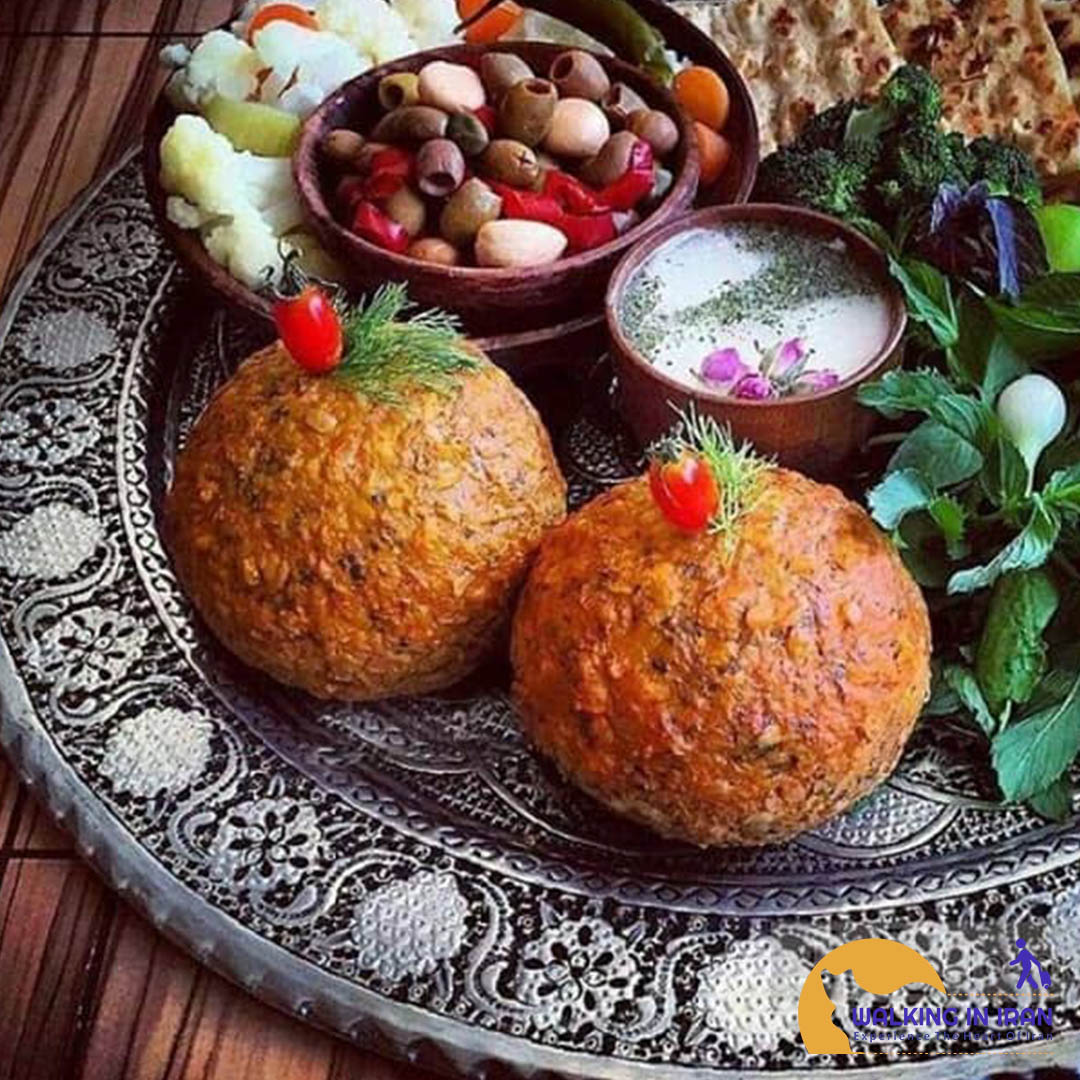Tomb of Shah Shoja: A shining gem in the city of poets
Architecture:
As it has been said, Shah Shuja’s tomb is considered a shining gem among Iran’s historical monuments in terms of architecture. The tall and high dome of this building, which is covered with turquoise colored tiles, stands out from afar. Under the dome, there is the tomb of Shah Shuja and his wife Turkan Khatun, which is decorated with marble.
The four porches of Shah Shuja’s tomb also have their own unique beauty. The south porch, which is longer and higher than the other porches, is decorated with mosaic and seven-color tiles, fine plasterwork, and wall paintings. In the east and west porches, you can also see tiling and plastering decorations.
The entrance to Shah Shuja’s tomb is located on the north side of the building and is beautifully decorated with mosaic and seven-color tiles, plastering and wall paintings.
Decorations:
In addition to the dome, porches and entrance, other parts of Shah Shuja’s tomb are also very beautifully decorated. Inside and outside the building, you can see mosaic and seven-color tiles with slime, flower and bush designs and Kufi lines. Fine plastering and wall paintings have doubled the beauty of this building.
Comparison with Taj Mahal:
As mentioned, the tomb of Shah Shuja is also known as the Taj Mahal of Iran due to its similarities to the Indian Taj Mahal. Both buildings have tall and high domes, magnificent porches and tiling and plastering decorations.
However, there are also differences between these two buildings. The tomb of Shah Shuja is smaller than the Taj Mahal in terms of dimensions and size. Also, the decoration of Shah Shuja’s tomb is more Islamic, while the decoration of Taj Mahal is more influenced by Hindu and Persian art.
Historical and cultural role:
Besides being used as a tourist site, Shah Shuja’s tomb is also of great historical and cultural importance. This tomb is known as one of the symbols of the city of Shiraz and has been registered in the list of national monuments of Iran.
Author: Arash Dejkameh



